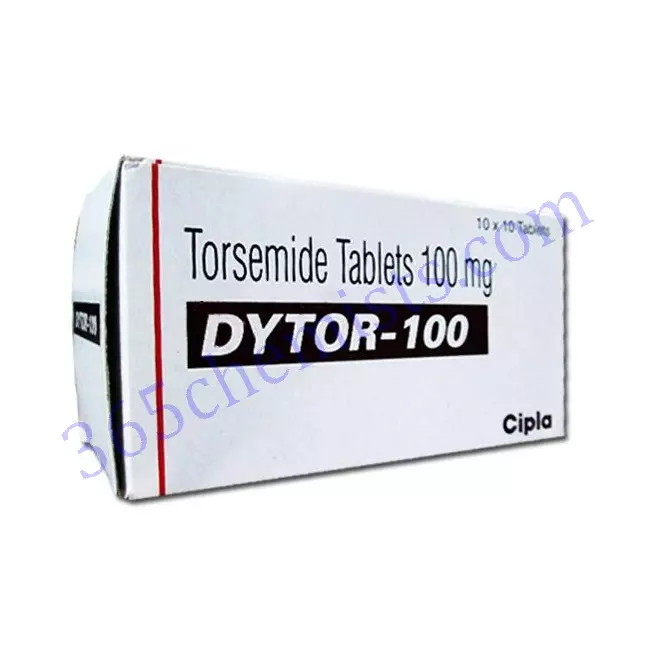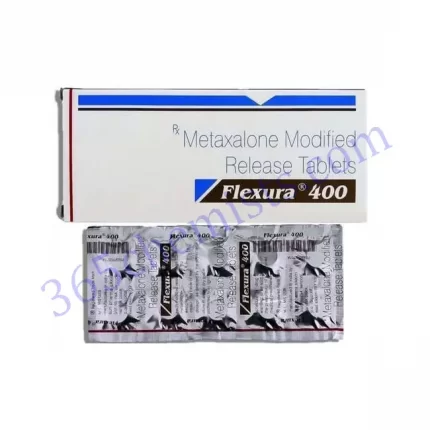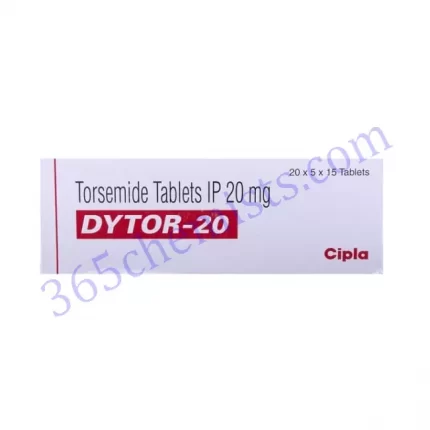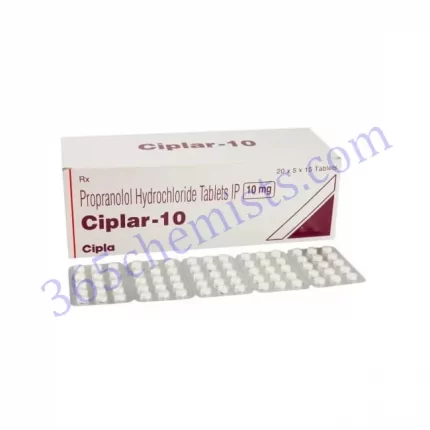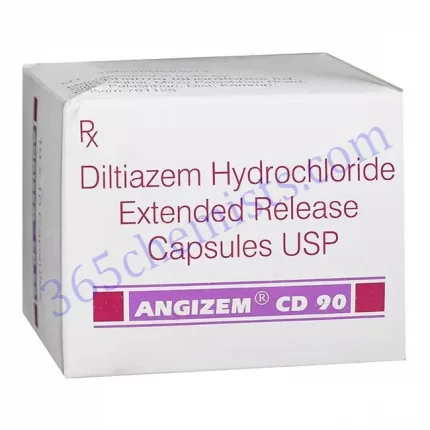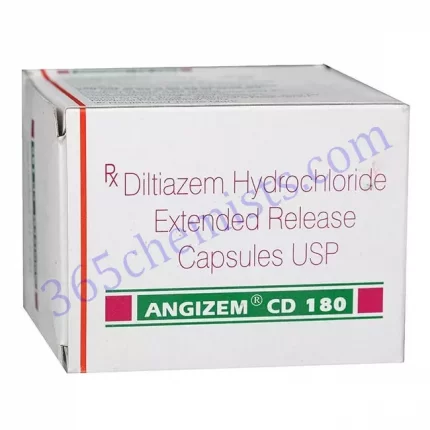Dytor 100mg Tablet: A Comprehensive Overview of Torasemide 100mg
Torasemide is the active component of the medication that is available under the brand name Dytor 100mg Tablet. Torasemide is a loop diuretic, which is a class of medication that is typically prescribed for the treatment of conditions such as edoema (also known as fluid retention) and hypertension (also known as high blood pressure). This in-depth look at Dytor 100mg Tablet and its applications is meant to help readers gain a deeper comprehension of both topics.
Mechanism of Action
Torasemide is able to achieve its therapeutic effect by inhibiting the kidneys’ ability to reabsorb sodium and chloride ions. This action causes an increase in the amount of water that is excreted along with these ions, which leads to diuresis (increased urine production) and a reduction in the amount of fluid that has built up in the body. Torasemide works to alleviate the symptoms of edoema and contributes to the management of hypertension. It accomplishes this by encouraging the removal of excess fluid from the body.
Indications
Dytor 100mg Tablet is frequently recommended for patients with the following conditions:
- Edoema: This medication is prescribed to patients suffering from conditions such as congestive heart failure, liver cirrhosis, and renal dysfunction in order to treat edoema, which is characterised by an abnormal accumulation of fluid in the body.
- When treating hypertension, your doctor may recommend taking one Dytor 100mg Tablet daily as part of your antihypertensive treatment regimen. This will assist in maintaining healthy blood pressure levels.
Dosage and Administration
A healthcare professional should evaluate the patient’s individual needs, medical history, and the medications that are currently being taken in order to determine the appropriate dosage of Dytor 100mg Tablet. It is extremely important to take the medication exactly as directed by the doctor and not to exceed the recommended daily dosage.
It is possible to modify the starting dose of Dytor 100mg Tablet for edoema treatment based on the patient’s reaction, which is typically between 20 and 40 milligrammes on a daily basis. Higher doses, ranging anywhere from 40 mg to 200 mg, may be necessary when treating hypertension. It is recommended that the tablet be taken orally with a full glass of water, preferably in the morning, in order to reduce the need to urinate frequently throughout the night.
Even if there are no noticeable symptoms or improvements in the patient’s condition right away, it is extremely important to stick to the treatment plan that has been prescribed and to continue taking the Dytor 100mg Tablet on a regular basis. This medication should not be stopped suddenly because doing so could result in a return of the original symptoms.
Related Product
Dytor 5 mg Tablet
Dytor 10 mg Tablet
Dytor 20 mg Tablet
Dytor 40 mg Tablet
Dytor 100 mg Tablet
Dytor Injection
Dytor Plus LS Tablet
Dytor Plus 5 Tablet
Dytor Plus 10 Tablet
Dytor Plus 20 Tablet
Dytor E 10 Tablets
Precautions and Contraindications
It is important to inform the healthcare provider about any pre-existing medical conditions, ongoing medications, and known allergies before beginning treatment with the Dytor 100mg Tablet. It is important to exercise caution and take the following precautions:
- Torasemide has been shown to alter the levels of electrolytes like potassium, sodium, and magnesium in the body, which can lead to an electrolyte imbalance. Particularly in people who already had electrolyte imbalances to begin with, it may be necessary to monitor patients carefully and give them the appropriate supplements.
- Patients who have renal dysfunction should use Dytor 100mg Tablet with extreme caution because the dosage may need to be adjusted based on the patient’s kidney function.
- Pregnancy and breastfeeding: It is important to exercise extreme caution when taking this medication if you are pregnant or breastfeeding. Before beginning treatment, it is essential to have a conversation with a healthcare professional about the potential risks and benefits of the treatment.
Potential Side Effects
The Dytor 100mg Tablet, like any other medication, has the potential to cause certain adverse effects in some people. Torasemide is known to cause a variety of side effects, including the following:
- Dehydration: Excessive diuresis can lead to dehydration, which can cause symptoms such as fatigue, dry mouth, and thirst. In severe cases, dehydration can be fatal.
- Electrolyte disturbances: Torasemide is known to cause imbalances in the levels of electrolytes in the body, including low levels of potassium, sodium, or magnesium.
- When your blood pressure drops, you may experience symptoms such as dizziness or lightheadedness.
- Disturbances of the gastrointestinal tract can include symptoms such as stomach pain, nausea, and diarrhoea.
It is essential to keep in mind that not all people will have these adverse reactions, and that the majority of patients have a satisfactory response to Dytor 100mg Tablet treatment. Nevertheless, it is imperative to seek immediate medical attention in the event that any side effects continue or become worse.
Conclusion
A common medication for treating edoema as well as high blood pressure is called Dytor 100mg Tablet, which contains 100mg of the drug torasemide. Dytor 100mg Tablet helps alleviate symptoms of edoema and contributes to the management of blood pressure. It does this by encouraging diuresis and reducing the accumulation of fluid in the body. When taking this medication, as with any other, it is essential to adhere to the dosage instructions, be aware of the possibility of experiencing adverse effects, and speak with a qualified medical professional to receive individualised advice and direction.

